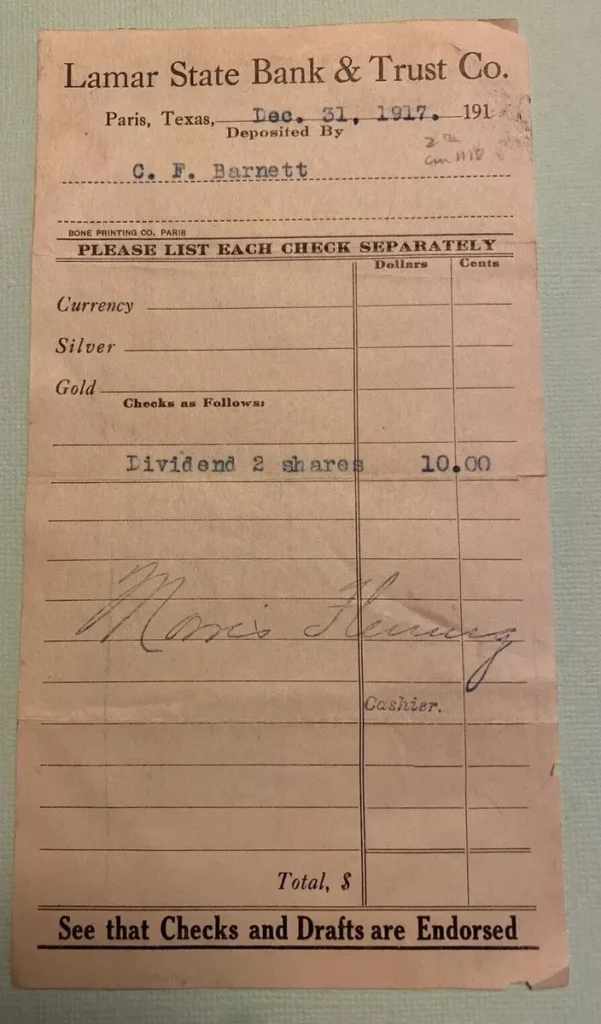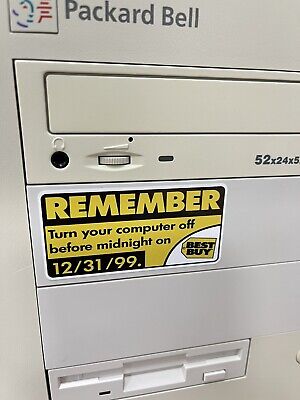I am thoroughly confident that everybody will leave this blog disgusted.
If you meet me for dinner on 23/09/12 at 9,30, I’ll bring the Boone’s farm.
This is absolutely in the future.

What day is this on?
- December 9th of the year 2023?
- September 12th of the year 2023?
- Maybe September 23rd of the year 2009? Maybe it’s 3009? Or just…09?
- Or December 23rd of 2012? 1912? 99999912?
What time?
- Why 9 comma 30?
- What meridiem? Ante or Post? That’s what AM and PM stand for, after all.
- If I say it in military/24 hour clock format “0930”, is it understood that this is in the morning? By everybody?
- Do most common people see “2130” and know “Hey, that’s 9:30PM”, or do they all do the mental gymnastics of “21 minus 12 is 9, and it’s greater than 12 so it’s PM”?
Are you old enough to remember bank deposit forms conveniently filling out the century for you? They would say “_______ __ 19__”. How about the decade? They existed.

At the top right, you can see “191”, which was put there so you didn’t have to painstakingly write out “191” when you were putting the current year down (in this case: 1917.
Imagine if today’s date (Christmas Eve 2023) were expressed like this? 12/24/3. What would that mean? Well, it’s safe to assume I wrote this in the 2020s, so why am I typing out 2023?
We still often type and write the year as “23”, but I’ve noticed that since Y2K, that seems to have changed more.
Remember Y2K?
A long time ago, computers storing information would drop off needlessly redundant information thanks to developers trying to optimize routines. People building banking software and nuclear plants in the 60’s, 70’s, and 80’s thought “LOL No way this place will still be using this software outside of the 1900s”.
See what I did there? 60’s? 70’s? 80’s? What if I said 20’s? You’re living in it, but you likely picture mobsters instead.
Well, thanks to those developers leaving redundant data off, the “19” in the last century, when “Y2K” or Year 2000 happened, computers storing dates like this: “12/31/99” would roll over to “01/01/00″… or January 1st, 1900.

What is the best date format?
Time to get polarizing.
For nearly all use cases, I prefer this format:
YYYY/MM/DD or YYYY-MM-DD
- YYYY is the four number year (yes, this will break in the year 10,000)
- MM is the two digit month, 01-12. Not 1-12
- DD is the two digit day (01-31, Not 1-31)
Why is this ideal?
It is an uncommon format to most people who write it by hand, unless you’re in IT
Americans love their MM/DD/YY or MM/DD/YYYY. Over in Europe, as a generalization, it’s DD/MM/YYYY.
That makes putting the year last ambiguous. Putting the year first and using YYYY/DD/MM is just disgusting and I don’t think anybody would do that and if they do they should stop.
It sorts natively
If you have to sort something chronologically, like a log file, or perhaps your family pictures, storing the files or folders with this at the beginning will always sort correctly in either direction.
What date format have I used more recently?
YYYY/MMM/DD
- YYYY – Four year number
- MMM – Three letter month abbreviation (JAN/FEB/MAR)
- DD – Day
I’ve work a lot with an international audience and I realize they are prone to making mental miscalculations if I follow my very wrong American way of expressing dates. Even if I add they year. 01/02/2024 for me is very obviously January 2nd. For somebody in Europe, they likely will see 1 February 2024.
If I express the date like this:
2024/JAN/23
There is no ambiguity there. The year is clearly located, the month is clearly specified and that only leaves the date.
This system does NOT sort on a computer is is still gross looking, but I think it’s the best when interacting internationally and humans are the consumers of the data.

Leave a Reply